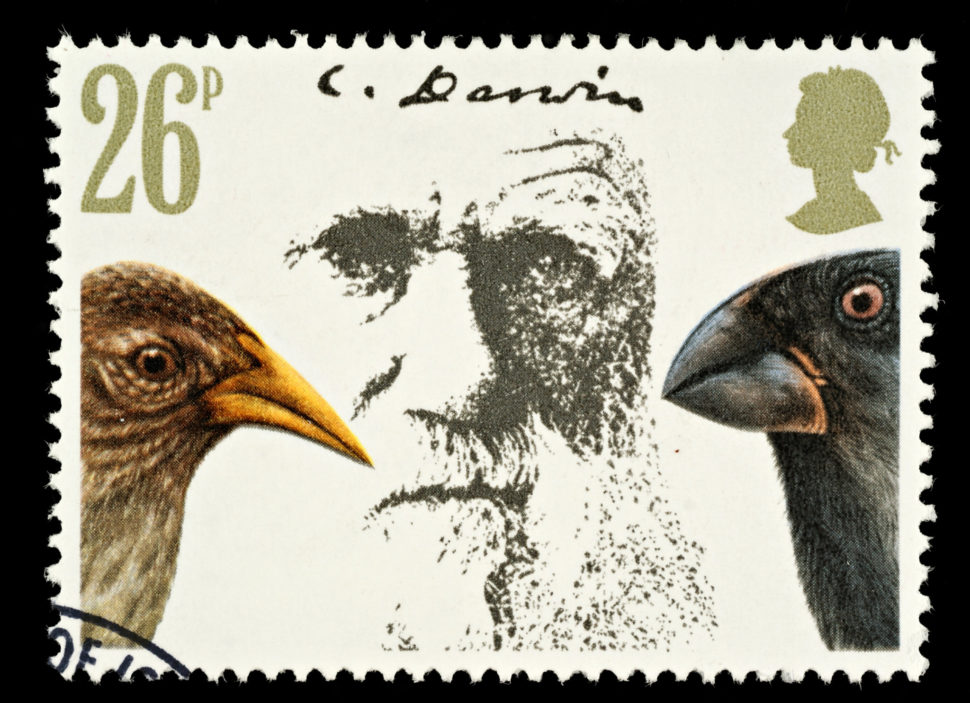Evolution Day commemorates the initial publication of Charles Darwin‘s famous book, On the Origin of Species, on November 24th, 1859. The day is meant to be a celebration of Darwin’s contributions to science and an opportunity to discuss his theory of evolution.
Charles Darwin
Charles Robert Darwin was born February 12th, 1809 in Shrewsbury, England. As a young boy, he aspired to a career in the medical profession. Initially, Darwin served as a doctor’s apprentice to his father. Later, he enrolled in medical school but quickly lost interest in his studies. From lessons in taxidermy, Darwin fed his already substantial appetite for natural history.
Eager to better understand the nature of species, Darwin embarked on a series of scientific voyages, visiting several islands in the Pacific most notably the Galápagos Islands. The results of Charles Darwin’s studies on the Galápagos formed the basis of his ideas on evolution through natural selection.
On the Origin of Species
The book’s publication built a foundation for the theory of evolution. The central theme in his book was that species evolve over time through natural selection. This process ensures that only the species most adapted to an environment survive and reproduce.
“HOWEVER, THERE ARE MANY CASES WHERE TWO TIME INTERVALS ARE REPRESENTED BY THE SAME AMOUNT OF ROCK WORLDWIDE, AND YET FOSSIL DIVERSITY VARIES MASSIVELY. EXPLAIN THAT.” -MIKE BENTON
New Evidence in Evolutionary Theory
While the original theory of evolution is still widely accepted as the model for Earth’s living history, evidence suggests that recent studies on evolution have been flawed.
Under the flawed method, researchers assumed that a poor fossil record implied an extinction event near the time of formation of the fossil rock. This supported a view that Earth’s biodiversity has been stable and near maximum capacity for most of its life.
However, a new study by a team of scientists from the University of Reading shows that biodiversity on the planet has been dynamic. Some species have appeared suddenly while others disappeared over long periods marked by cycles of population crashes and stability.
Apparently, a method used for “correcting” records of diversity was the source of the error, which affects more than 150 papers published since 2007. The error was in assuming that changes in the distribution of fossils at a given time correlate to the amount of rock available.
Mike Benton, professor of Earth Science at the University of Bristol said, “The core assumption is that any portion of fossil diversity that can be explained by variations in rock volume should be explained by variations in rock volume. This assumption is based on no evidence.”
“At the extreme, if you have no rock you get no fossils. However, there are many cases where two time intervals are represented by the same amount of rock worldwide, and yet fossil diversity varies massively. Explain that.”



















Comments (0)
Least Recent